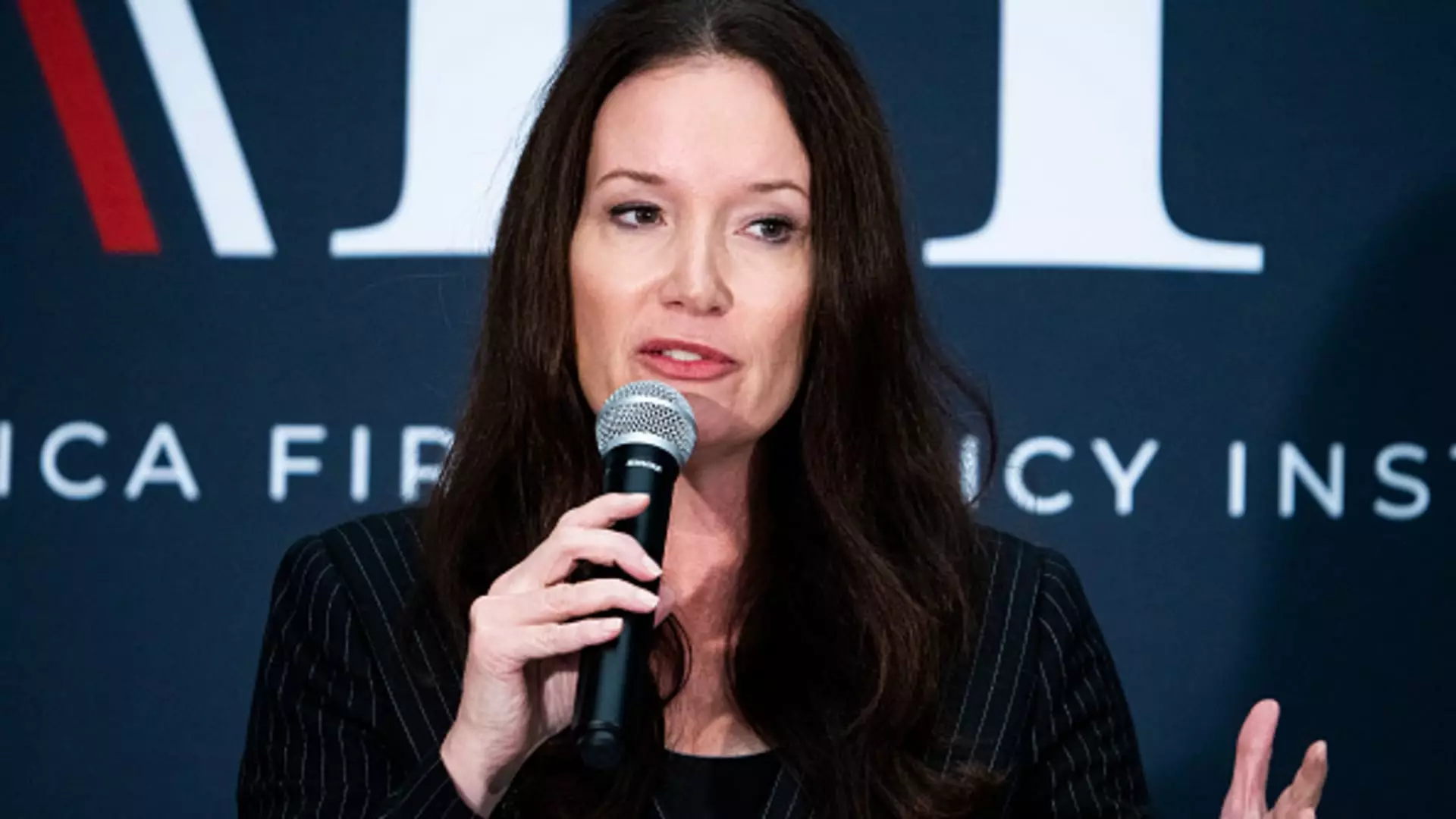With the announcement of Brooke Rollins as President-elect Donald Trump’s pick for Agriculture Secretary, a significant shift in the approach to agricultural policy can be anticipated. Rollins, currently serving as president of the America First Policy Institute, embodies the administration’s focus on supporting American farmers, whom Trump has repeatedly hailed as the backbone of the nation. This move underscores a strategic effort to mobilize support for rural communities and agricultural interests amidst a complex landscape of food production, trade negotiations, and health policies.
The Department of Agriculture (USDA), with its massive budget of $437.2 billion in 2024 and a workforce of 100,000, is a pivotal component of the federal government. Its functions range from overseeing farm programs and ensuring food safety to spearheading rural development initiatives. This breadth of responsibility means that Rollins will steer a diverse array of policies that impact both the diets and economic realities of Americans living in urban and rural environments. The USDA’s activities, including trade negotiations and dietary guidelines, not only shape the agricultural landscape but also influence public health and nutrition on a national scale.
Rollins’ commitment to American agricultural interests is pronounced. As Trump noted, her defense of food self-sufficiency and dedication to revitalizing agriculture-dependent small towns position her as a champion for rural America. The implications of her leadership could reverberate throughout the farming sector, as she may advocate for policies that bolster domestic production while addressing emerging challenges such as climate change and sustainable practices. Moreover, her previous role as chair of the Domestic Policy Council during Trump’s first term provides her with significant experience in navigating the intricacies of policy-making at high levels.
As agriculture secretary, Rollins will face immediate challenges that demand nuanced solutions. One pressing issue is the renegotiation of the U.S.-Mexico-Canada Agreement (USMCA), particularly in light of disputes related to genetically modified corn and Canada’s dairy import quotas. Additionally, the current landscape calls for strategic discussions concerning the implementation of clean fuel tax credits for biofuels, especially given the industry’s aspirations towards sustainable aviation fuel production. The complexity of these negotiations highlights the need for Rollins to balance domestic farming interests with international trade relations.
The agricultural policies led by Rollins will have significant repercussions for American consumers. Her strategies could ultimately affect food prices, availability, and nutritional standards. The USDA plays a critical role in ensuring food safety and quality, and her approach could either enrich farm-to-table initiatives or complicate food sourcing due to potential tariffs that Trump has hinted at reinstating. The agricultural landscape is inextricably linked to public health, making the mandate of the USDA under Rollins’ leadership a matter of national importance.
Brooke Rollins’ nomination brings with it a wave of potential change and a vision that seeks to prioritize American agricultural interests. As she prepares to navigate the complexities of her role, the broader implications for American farmers and consumers alike will surely be a focal point of her tenure.

Leave a Reply